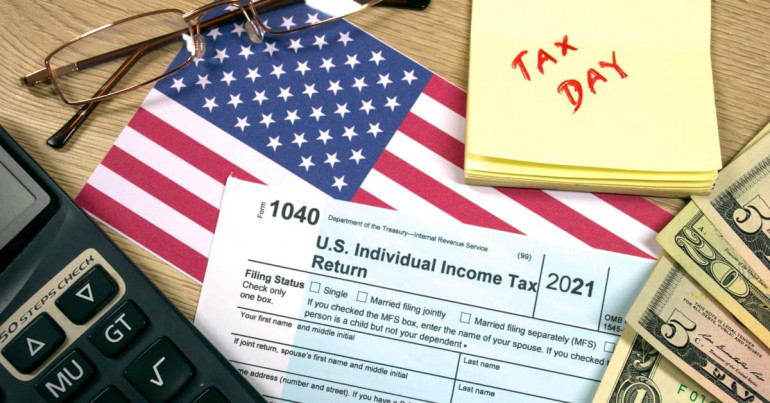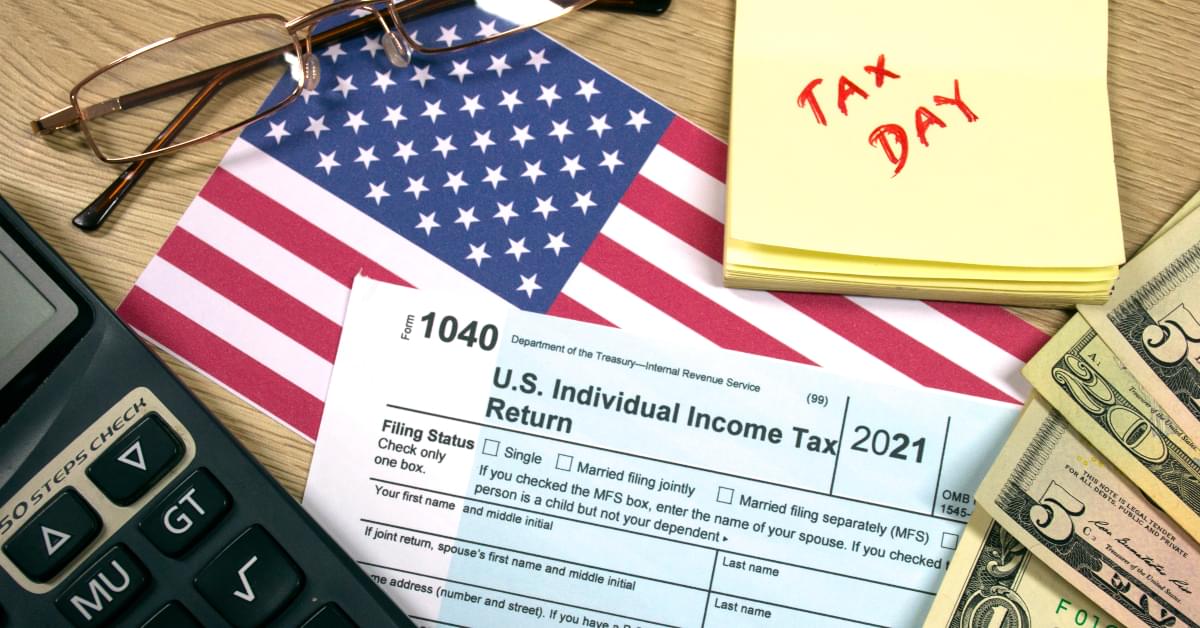
The United States granted lawful permanent residency to more than 200,000 migrant workers in Q2 of 2022 alone. The US remains an attractive destination for expats searching for job opportunities, despite recent political turmoil and the threat of recession.
The United States imposes rigid policies on migrant workers, but under the Biden Administration, it has become easier for new immigrants to enter the US.
White-collar work in the US still dominates its economy – professional and technical workers made up 59% of its documented workforce as of 2021. The US Bureau of Labour Statistics (BLS) revealed that The US employs most white-collar workers in what they call 'management' occupations. Those employed in 'business and financial' occupations come in a distant second.
Despite the impact of COVID-19 on the US economy, there remains a high demand for trained professionals eager to join its growing IT sector. Software developers and IT security analysts are two of the most sought-after skill sets.
Suppose you're considering immigrating to the US in search of work. In that case, it pays to understand immigration and tax laws before moving, especially if you own property and invest in your country of origin.
To avoid any unforeseen expenses, be sure to read our guide to expat taxes.

Tax guide for expats living in the US
There are three ways you can live and work in the US: As a non-resident on a temporary work permit, as a permanent resident, or as a citizen of the US. There’s little distinction between a permanent resident and a US citizen for tax purposes: US citizens hold a US passport. Permanent residents hold a green card as proof of their resident status.
Unlike some countries, the US does not issue work visas for casual employment. Non-resident migrant workers can only obtain a work visa if offered employment in the US. Prospective employers must petition the US Citizenship and Immigration Services (USCIS). If approved, non-resident workers can obtain a 6-year VISA through any US Embassy or Consulate.
Liability for US income tax largely depends on your residency status. US tax law applies equally to both permanent residents and US citizens. Non-resident migrant workers must only pay tax on income derived from domestic sources.At the same time, they must pay social security, national insurance and other taxes in their country of origin.
US tax regulations and residency laws are complicated. We always recommend seeking professional advice from a tax consultant.
US tax residency explained
The United States will consider you a resident for tax purposes if you pass a Green Card test or a substantial presence test for the calendar year.
Resident expats pay tax on income from all sources, as do US citizens. Non-resident expats must pay tax only on income earned in the US and income connected with US business.
Green Card test
Green Cards (a.k.a Permanent Resident Card) are granted as proof that a resident migrant has permission to live and work permanently in the United States. There are several ways an expat may qualify for a green card.
The green card test differentiates US citizens and permanent residents from temporary workers. Passing this test qualifies you as a US tax resident.
Substantial presence test (SPT)
US citizens and permanent resident expats are always considered tax residents. Non-resident expats qualify as a US tax resident if the number of days spent in the US this year, plus 30% of the days spent in the US last year, plus 16% of the days spent in the US the year prior add up to 183 days.
The IRS will subject you to an SPT if you remain in the US for at least 31 days.
If you are a US citizen or permanent resident and fail an SPT (i.e. you have spent most of the past few years living outside the US), you may offset your taxes through deductions and personal exemptions.
What types of income are taxable in the US?
If you are a US citizen or a permanent resident and pass an SPT, you must pay tax on all sources of income. These include (but are not limited to):
- Annual salary
- Housing allowances
- Education allowances
- Home leave reimbursements
- Reimbursements of home country taxes
- Personal use of a company
- Moving allowances
- Stock options.
Special regulations may apply to specific sources of income. For example, tax on stock options depends on the option granted.
Does US tax apply to income from foreign sources?
If you work in the US on a temporary VISA, you must pay taxes on income earned from US sources. This tax is applied even if you do not pass an SPT. Regardless of how long you work in the US, you must declare all fixed or determinable, annual, or periodic (FDAP) income.
In special circumstances, taxes might also apply to income unrelated to a US business (Non-ECI). US law taxes non-resident ECI at the same graduated rates as those applied to US citizens.
Tax relief is available if a tax treaty exists between the US and your home country. You can also receive compensation if you do not pass a substantial presence test.
Relief from double taxation
US income tax laws allow deductions for taxes paid to any foreign country. The amount deducted is subject to a top limit, preventing you from taking tax credit against US tax liable-income from ECI sources.
Foreign tax credit is limited to the portion of your income tax related to non-ECI sources. You may carry back unused foreign taxes for one year if you cannot apply the full amount of foreign tax credit due.
What tax laws are unique to the US?
Below is a list of just some of the tax laws unique to the US that might affect you if you become a US tax resident.
Capital gains tax
Capital gains tax will apply to the sale of an asset held for less than 12 months at standard rates, after which long-term capital gains taxes apply at graduating levels.
Sale of residence
When a US non-resident sells property in the United States, 10% of the gross sale price is withheld automatically. This rule prevents foreign parties and US citizens from evading capital gains tax through selling real estate.
The same is true if a US citizen or permanent resident sells property in a foreign country. The United States is one of the few countries that taxes global income.
Local taxes
Non-residents residing in the US on a temporary work permit are not exempt from state and local taxes. Each US state determines tax liabilities differently. Residency rules may also differ depending on the state. Be sure to consult local experts for advice.
Social security taxes
The Federal Insurance Contributions Act (FICA) imposes a tax on all income received for services performed within the US. This is applied regardless of personal residence status or source of income.
The FICA requires equal contribution from both employer and the employee for Medicare and US social security. Mandatory social security contributions are imposed only up to a wage cap, adjusted for inflation. The Medicare tax rate is not capped.
Tax treaties can alleviate double taxation. Under a tax treaty, expats pay only their home social security system for a set period. The US has tax treaties with over 60 nations.
Exit tax
Some people might choose to renounce their US citizenship or surrender their green cards to release themselves from US tax obligations. A US resident might also surrender their citizenship to live in a country that does not recognize dual citizenship.
Long-term residents who have resided in the US for at least eight consecutive years and meet the following criteria must pay an ‘exit tax’:
- You have a personal net worth of over $2 million at the date of expatriation
- Your average net income tax liability from the past five years is over a set amount.

How CurrencyTransfer can help you
Whether you’re moving large lump sums abroad, making inheritance transfers or repatriating funds, we’re here to help.
We’ll find you the fairest deal on your expat currency transfer. When using our online tools you benefit from better-than-bank exchange rates from FCA authorised payment partners.
We understand that your situation is unique. That’s we allocate our expat clients their own Personal Currency Concierge.
Join hundreds of expats who trust our services to help them save time and money on their international payments.
Matthew Swaile
Copywriter
Florence Couëdel
Editor



